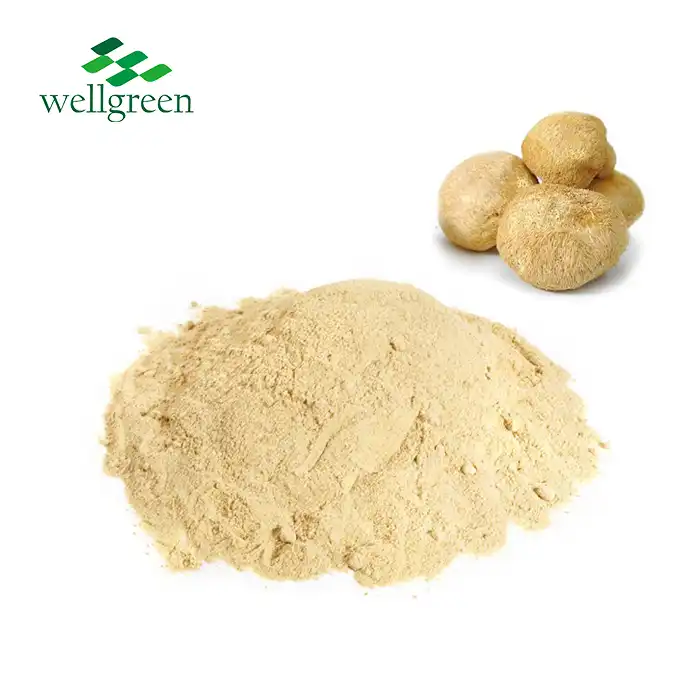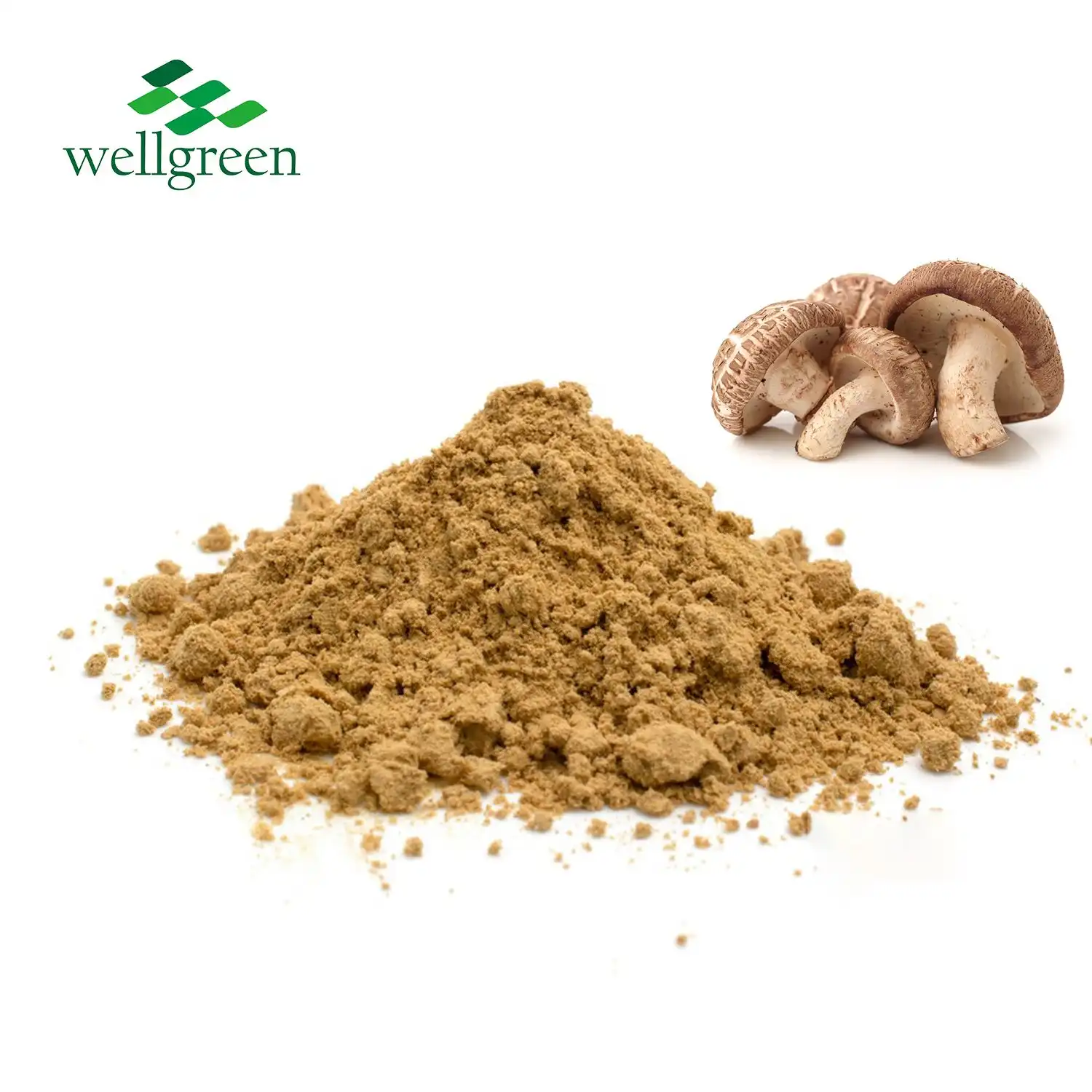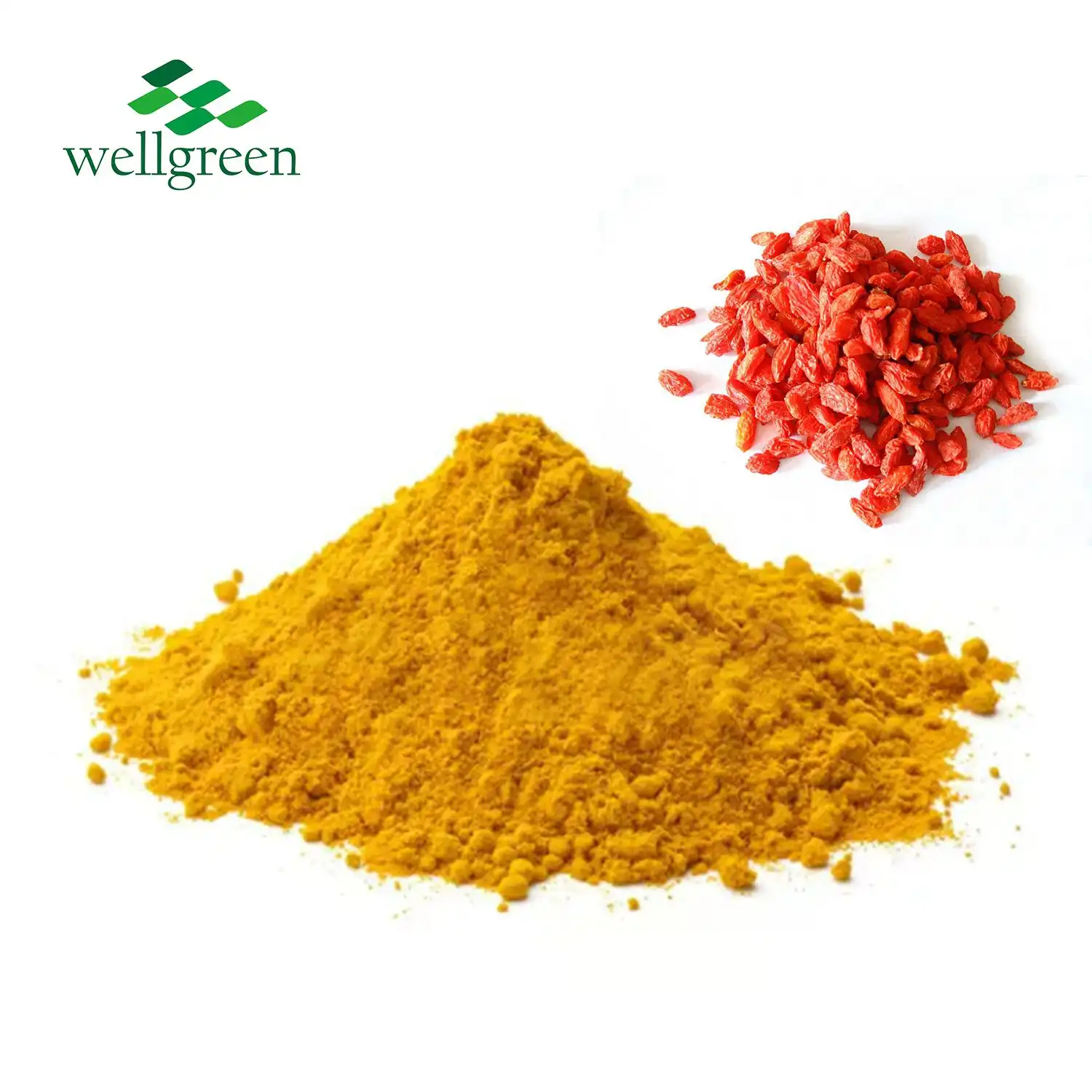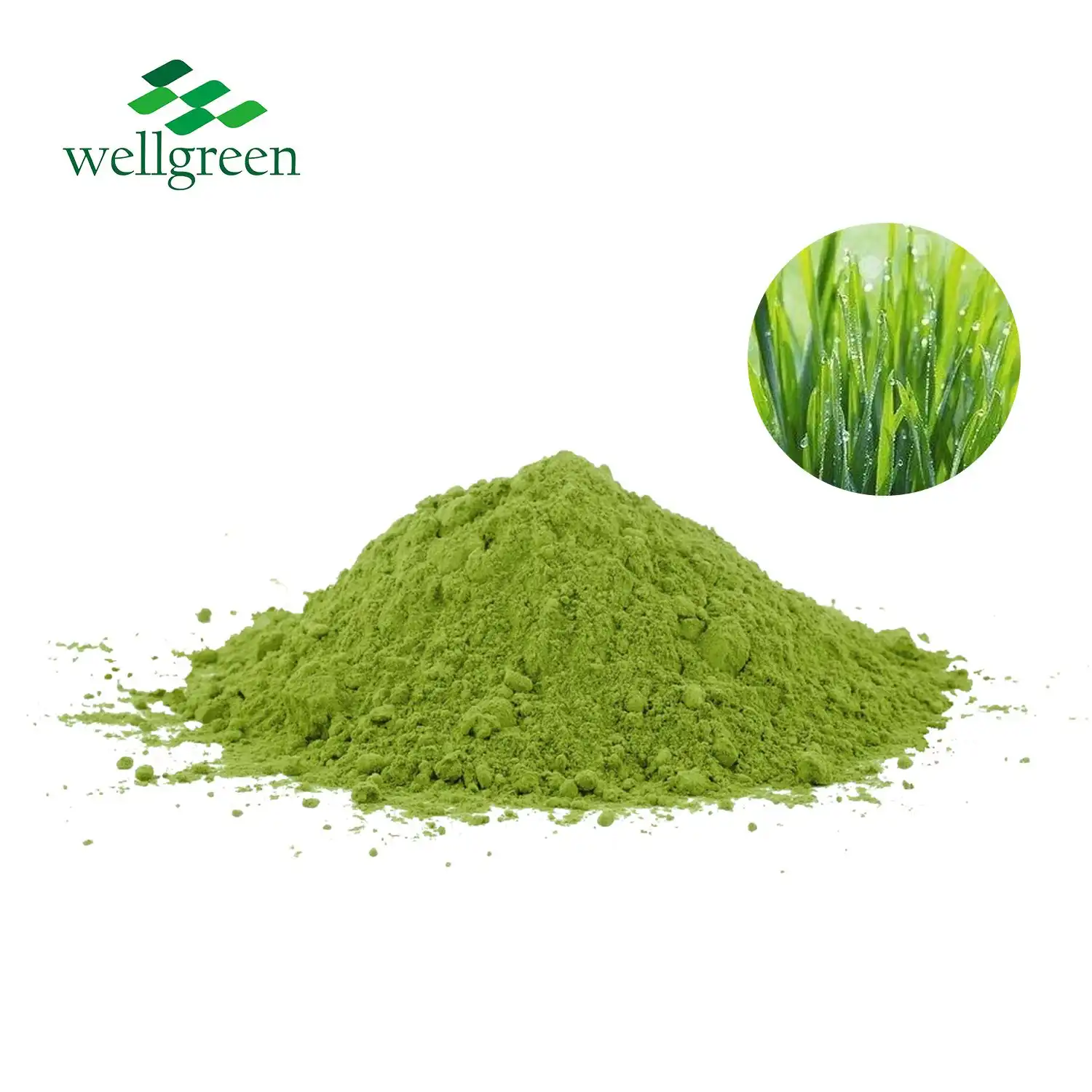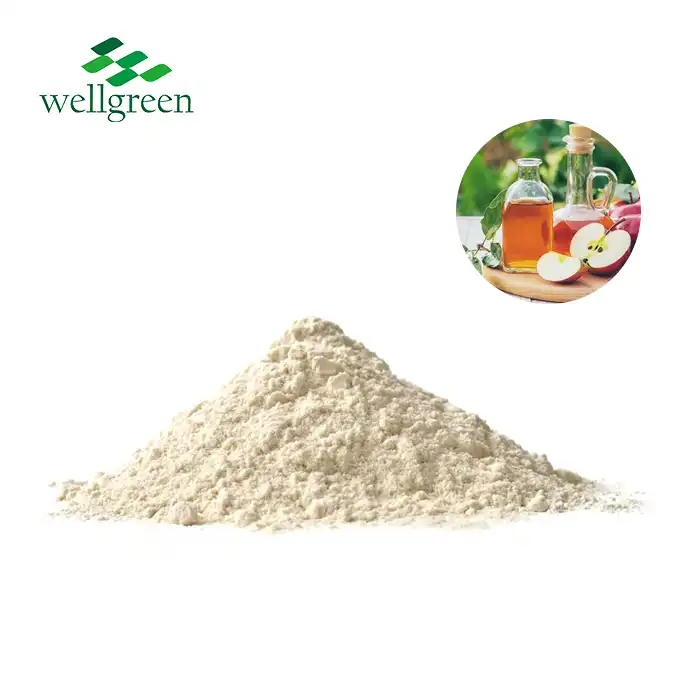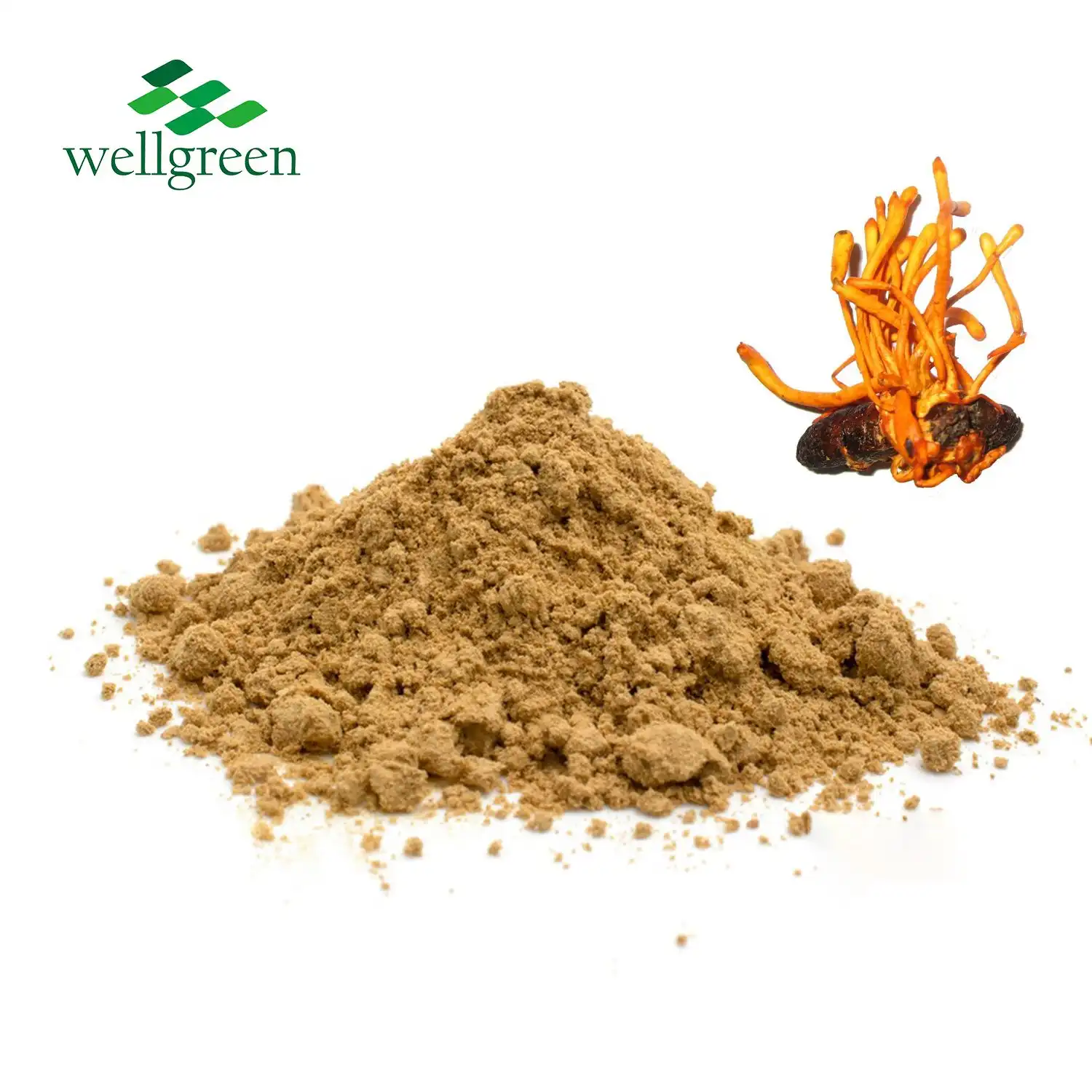The Health Benefits of Cordyceps Mushroom Powder
2025-05-23 14:16:45
Cordyceps mushroom powder has gained significant attention in the health and wellness community for its remarkable array of potential benefits. This powerful fungus, traditionally used in Chinese medicine, offers a wide range of health-promoting properties. From boosting energy levels and enhancing athletic performance to supporting immune function and promoting longevity, cordyceps mushroom powder has become a popular supplement for those seeking natural ways to improve their overall well-being. Rich in bioactive compounds, including polysaccharides, cordycepin, and adenosine, this versatile mushroom extract may contribute to improved cellular health, antioxidant protection, and support for respiratory and cardiovascular systems. As research continues to uncover its potential, many are turning to cordyceps mushroom powder as a holistic approach to maintaining optimal health and vitality.

How Does Cordyceps Enhance Cellular Health?
ATP Production and Energy Metabolism
Cordyceps mushroom powder has garnered attention for its potential to enhance cellular health, particularly through its impact on energy production. One of the key mechanisms by which cordyceps supports cellular function is by boosting adenosine triphosphate (ATP) production. ATP serves as the primary energy currency of cells, powering numerous biological processes. Research suggests that compounds found in cordyceps, such as cordycepin and adenosine, may help optimize mitochondrial function, leading to increased ATP synthesis. This enhanced energy production at the cellular level can translate to improved overall vitality and reduced fatigue.
Cellular Regeneration and Repair
Beyond energy production, cordyceps militaris powder has shown promise in supporting cellular regeneration and repair processes. The mushroom contains various bioactive compounds that may help protect cells from oxidative stress and DNA damage. These protective effects can contribute to maintaining cellular integrity and function over time. Additionally, some studies suggest that cordyceps may influence telomerase activity, an enzyme involved in preserving the length of telomeres, which are protective structures at the ends of chromosomes. By potentially supporting telomere maintenance, cordyceps could play a role in cellular longevity and overall health.
Immune Cell Function
Another aspect of cordyceps' impact on cellular health relates to its immunomodulatory properties. Organic cordyceps powder contains polysaccharides and other compounds that have been shown to interact with various components of the immune system. These interactions may help regulate immune cell function, promoting a balanced and effective immune response. By supporting the proper functioning of immune cells, cordyceps can contribute to overall cellular health and the body's ability to defend against pathogens and other environmental stressors.
Antioxidant and Anti-Aging Effects of Cordyceps

Free Radical Scavenging
One of the most notable properties of cordyceps mushroom powder is its potent antioxidant activity. The fungus contains a variety of compounds that act as free radical scavengers, helping to neutralize harmful molecules that can damage cellular structures. These antioxidants, including polyphenols and flavonoids, work to protect cells from oxidative stress, which is implicated in various age-related conditions and chronic diseases. By reducing oxidative damage, cordyceps may help maintain cellular health and function, potentially slowing down the aging process at a cellular level.
Skin Health and Collagen Production
The anti-aging effects of organic cordyceps mushroom powder extend to skin health as well. Some studies suggest that cordyceps may help stimulate collagen production, a crucial protein for maintaining skin elasticity and reducing the appearance of wrinkles. The antioxidant properties of cordyceps can also protect skin cells from UV-induced damage, potentially helping to prevent premature aging of the skin. Furthermore, the mushroom's ability to support overall cellular health may contribute to a more youthful and radiant complexion.
Cognitive Function and Neuroprotection
As we age, maintaining cognitive function becomes increasingly important. Cordyceps has shown promise in supporting brain health and potentially slowing age-related cognitive decline. The neuroprotective effects of cordyceps are attributed to its antioxidant and anti-inflammatory properties, which may help protect neurons from oxidative stress and inflammation. Some research suggests that cordyceps could enhance memory and learning abilities, possibly by promoting the growth of new neural connections. While more studies are needed, these findings highlight the potential of cordyceps in supporting cognitive health as part of an anti-aging regimen.
Respiratory and Cardiovascular Support
Lung Function and Oxygen Utilization
Cordyceps mushroom powder has long been valued for its potential benefits to respiratory health. Traditional use and modern research suggest that cordyceps may help improve lung function and oxygen utilization. The fungus appears to enhance the body's ability to use oxygen efficiently, which can be particularly beneficial for individuals with respiratory conditions or those living at high altitudes. Some studies have shown that cordyceps supplementation may increase maximum oxygen uptake and ventilatory threshold, potentially leading to improved endurance and reduced fatigue during physical activities.
Heart Health and Circulation
In addition to its respiratory benefits, cordyceps militaris powder may offer significant support for cardiovascular health. Research indicates that cordyceps could help regulate blood pressure and improve circulation. The mushroom's ability to dilate blood vessels and reduce inflammation may contribute to better blood flow throughout the body. Furthermore, some studies suggest that cordyceps may help balance cholesterol levels, potentially reducing the risk of atherosclerosis and other cardiovascular issues. These effects, combined with its antioxidant properties, make cordyceps a promising natural supplement for maintaining heart health.
Adaptogenic Effects on Stress Response
Organic cordyceps powder is also recognized for its adaptogenic properties, which can indirectly support both respiratory and cardiovascular health. As an adaptogen, cordyceps helps the body adapt to various stressors, including physical, mental, and environmental challenges. By modulating the stress response, cordyceps may help reduce the negative impacts of chronic stress on the respiratory and cardiovascular systems. This stress-protective effect can contribute to overall resilience and may help maintain healthy lung and heart function in the face of everyday stressors.
Conclusion
Cordyceps mushroom powder offers a multitude of potential health benefits, from enhancing cellular health and providing antioxidant protection to supporting respiratory and cardiovascular function. Its ability to boost energy production, combat oxidative stress, and promote overall well-being makes it a valuable addition to a health-conscious lifestyle. As research continues to uncover the full potential of this remarkable fungus, cordyceps stands out as a natural supplement that may contribute significantly to longevity and quality of life.
Contact Us
To learn more about our high-quality cordyceps mushroom powder and how it can support your health goals, contact Xi'an wellgreen at wgt@allwellcn.com. Our team of experts is ready to assist you in incorporating this powerful natural supplement into your wellness routine.
References
1. Chen, S., et al. (2013). "Advances in the study of Cordyceps sinensis and its active compounds." Journal of Ethnopharmacology, 147(3), 587-593.
2. Tuli, H. S., et al. (2014). "Cordycepin: A bioactive metabolite with therapeutic potential." Life Sciences, 93(23), 863-869.
3. Lin, B., & Li, S. (2011). "Cordyceps as an herbal drug." Herbal Medicine: Biomolecular and Clinical Aspects, 2nd edition.
4. Yue, K., et al. (2013). "The genus Cordyceps: a chemical and pharmacological review." Journal of Pharmacy and Pharmacology, 65(4), 474-493.
5. Zhou, X., et al. (2009). "Cordyceps fungi: natural products, pharmacological functions and developmental products." Journal of Pharmacy and Pharmacology, 61(3), 279-291.
6. Das, S. K., et al. (2010). "Medicinal uses of the mushroom Cordyceps militaris: current state and prospects." Fitoterapia, 81(8), 961-968.

